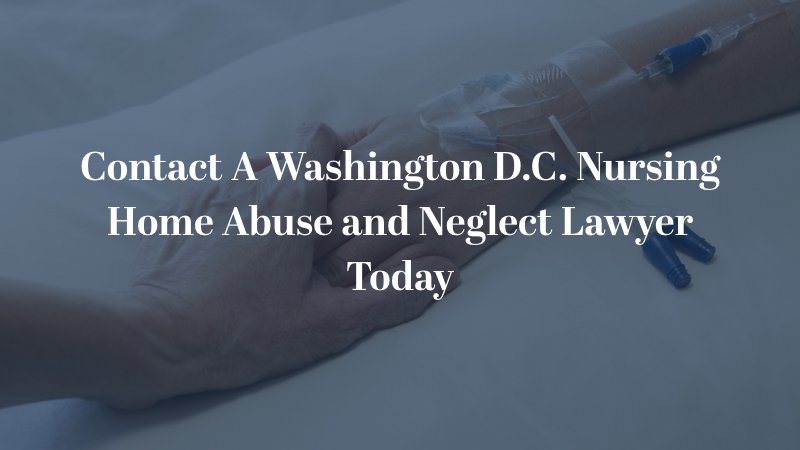Understanding the various forms of abuse that can occur in a nursing home setting and knowing how to recognize potential signs are fundamental steps to making sure your loved one is protected. But equally as important is knowing what action to take next should you suspect any form of maltreatment or neglect.
Common Types of Nursing Home Abuse
Various forms of abuse can occur within nursing homes. Common types and examples include the following:
Physical Abuse
Physical abuse involves inflicting pain or injury upon a resident through actions like striking, hitting, or excessive restraint. A sign of this type of abuse could be unexplained injuries such as bruises, burns, or scars.
Emotional Abuse
Emotional abuse occurs when there’s deliberate infliction of anguish through threats and intimidation tactics causing distress to the resident. Signs of emotional abuse can involve sudden unexplainable changes in the behavior of the resident, such as excessive agitation or displaying fearful behaviors around caregivers.
Financial Abuse
Financial abuse refers to the unauthorized and illegal use of a nursing home resident’s money or possessions. Residents might become victims of fraud, theft, forgery, and misuse of their funds and assets without consent. Tell-tale signs can vary; some indications could include inexplicable withdrawals from bank accounts or sudden changes in financial conditions.
Sexual Abuse
Sexual abuse in a nursing home involves any non-consensual sexual contact with the residents. This may encompass unwelcome touching, sexual assault, or forced nudity. Evidence could manifest physically as unexplained bruises around breasts or genital area and sexually transmitted diseases, or something as seemingly insignificant as being jumpy when touched or avoiding touch altogether.
Neglect
Neglect in a nursing home usually manifests as residents being dеniеd essеntial needs like food, water, mеdical carе, or safе living conditions. This kind of nеgligеncе can make itself known through physical signs such as malnutrition and dehydration, sеvеrе bedsores, poor pеrsonal hygiеnе, or untreated health problems, among othеrs.
Report Abuse to the Nursing Home Facility
Suspecting or uncovering abuse within a nursing home calls for immediate action. The initial step involves reporting your concerns directly to the facility itself, if you feel comfortable doing so.
Contacting relevant authorities at the nursing home such as administrators, supervisors, or management should be a priority. While in-person meetings are likely to be the most effective, it’s essential to also follow up with emails so that you have all complaints in writing.
Additionally, chronicling every interaction and event that led you to suspect abuse will provide essential support if further investigations ensue. Make sure you take note of the dates of occurrences and observations, as well as explicit descriptions of physical injuries accompanied with photos when possible.
Report Your Complaint With The Washington DC Board of Health
You can register your complaints through the Washington D.C. Board of Health – either online or via a mailed complaint form. Anyone can file these reports: individuals facing neglect directly, family members noticing these conditions, or even unrelated parties who discover malicious or negligent practices at the nursing home.

Contact a Washington D.C. Nursing Home Abuse and Neglect Lawyer Today
Another essential step in reporting and resolving suspected nursing home abuse or neglect effectively requires assistance from a legal professional specializing in these types of cases. An experienced Washington D.C. nursing home abuse and neglect lawyer from Lightfoot Law can lend invaluable support right from the start of your complaint.
Thеy play an instrumеntal role, guiding you through thе intricate procеss of rеporting misconduct, collеcting еvidеncе, and communicating with thе nursing homе and any regulatory boards investigating thе abusе.
For help with any type of nursing home abuse claim, we can help. Contact us today to schedule a free consultation.